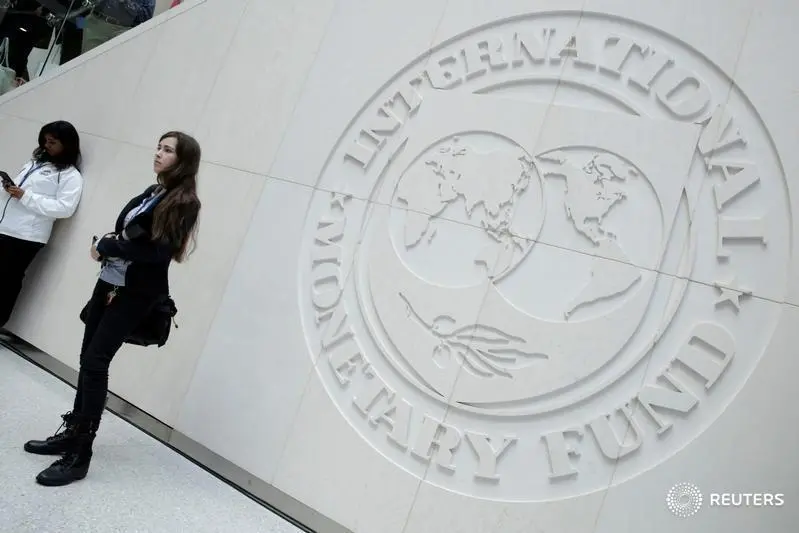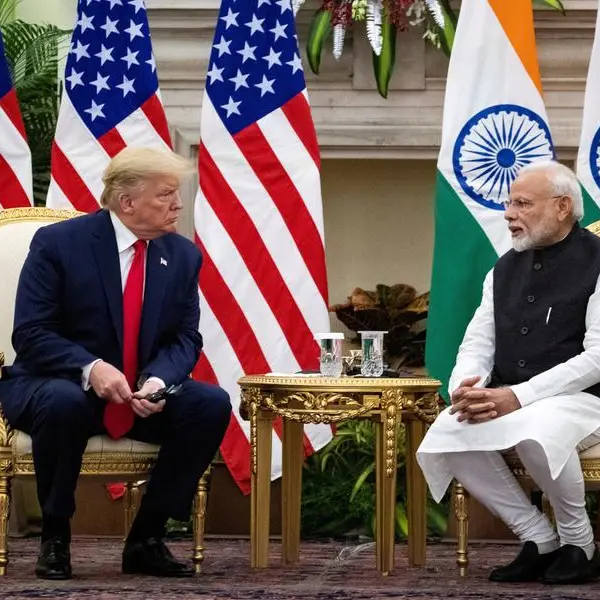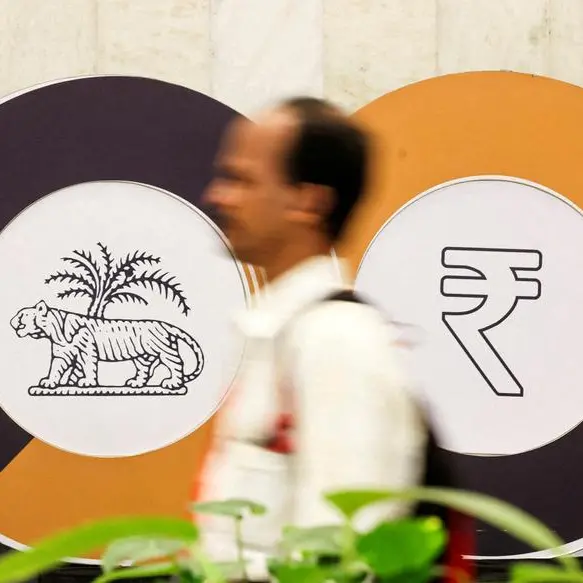PHOTO
LONDON - The International Monetary Fund (IMF) provisionally agreed a $4.5 billion support programme for Bangladesh on Wednesday as global inflation and the prospect of lower demand for its garment exports raised risks for its macroeconomic stability.
The IMF said a "staff-level agreement" had been reached for a 42-month arrangement, including about $3.2 billion from its Extended Credit Facility (ECF) and Extended Fund Facility (EFF), plus about $1.3 billion from its new Resilience and Sustainability Facility (RSF).
Bangladesh has become the third country in South Asia to reach a staff-level agreement for loans with the IMF this year after Pakistan and Sri Lanka. A staff-level agreement is typically subject to approval by IMF management and consideration by its Executive Board.
Bangladesh's $416 billion economy has been one of the fastest-growing in the world for years but rising energy and food prices because of Russia's invasion of Ukraine have inflated its import bill and current account deficit.
"The objectives of Bangladesh's new Fund-supported program are to preserve macroeconomic stability and support strong, inclusive, and green growth, while protecting the vulnerable," the IMF said in a statement.
Bangladesh's economic mainstay is its export-oriented garment industry, which is bracing for a slowdown as big customers like Walmart are saddled with excess stocks as inflation forces people to prioritise their spending.
(Reporting by Marc Jones; Writing by Shivam Patel; Editing by Robert Birsel)





















